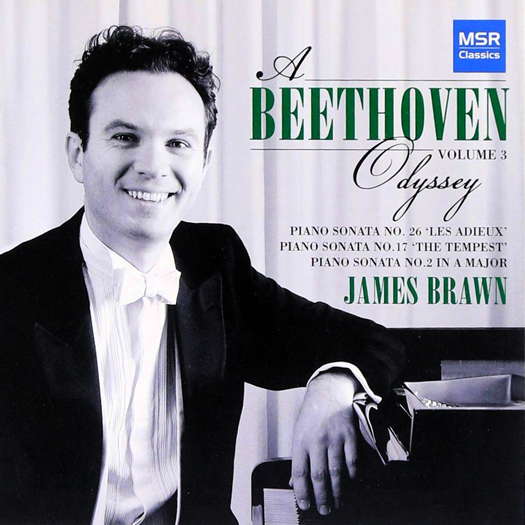 CENTRAL ENGLAND: Mike Wheeler's concert reviews from Nottingham and Derbyshire feature high profile artists on the UK circuit - often quite early on their tours.
CENTRAL ENGLAND: Mike Wheeler's concert reviews from Nottingham and Derbyshire feature high profile artists on the UK circuit - often quite early on their tours.
Alexander Goehr
English composer and teacher Peter Alexander Goehr was born in Berlin, Germany on 10 August 1932 into a musical Jewish family - his mother Laelia Rivlin was a pianist and his father was the conductor Walter Goehr. The family moved to the UK a few months after Alexander Goehr was born, and Alexander later studied at the Royal Manchester College of Music, where some of his friends were Harrison Birtwistle, Peter Maxwell Davies, Elgar Howarth and John Ogdon - the five of them founded the New Music Manchester Group, which performed music by its members and also by composers from the European avant-garde.
Hearing Olivier Messiaen's Turangalîla Symphony - the first UK performance conducted by Goehr's father - inspired him to move to Paris to study with Messiaen, where he was involved with the serialist avant-garde movement and befriended Pierre Boulez. Later he distanced himself from serialism, with many of his works being studies in synthesising various disparate elements.
Back in the UK, his cantata The Deluge (inspired by the writing of Sergei Eisenstein and conducted by Walter Goehr) put him on the map, internationally, as a composer.
He worked for the BBC as a music assistant and continued to compose choral music. With Birtwistle and Maxwell Davies he founded the Wardour Castle Summer School, and began to write operas and music theatre works. His first opera, Arden Must Die, was given its first performance at Hamburg State Opera in 1967. He founded the Music Theatre Ensemble that same year, and began to write a triptych of music theatre works - Naboth's Vineyard (1968), Shadowplay (1970) and Sonata about Jerusalem (1971).
From 1968 onwards he held a series of academic appointments: composer-in-residence at the New England Conservatory of Music in Boston, professor at Yale, visiting lecturer at Southampton University, professor at Leeds University and finally professor at Cambridge University (from 1976 until retiring in 1999). He taught some notable composers, including Thomas Adès. Julian Anderson, George Benjamin and Robin Holloway.
During his Cambridge years, Goehr's music became more transparent and less serial in nature, and he began to write symphonies and other orchestral works, although his focus remained on vocal music, and on using socio-political themes, with works such as Behold the Sun (1985), Babylon the Great is Fallen (1979) and The Death of Moses (1992). He then went through a period of writing mostly chamber music, before returning to writing operas in 2008 with Promised End.
Alexander Goehr died at home in Cambridgeshire on 25 August 2024, aged ninety-two.
A selection of articles about Alexander Goehr
Classical music news. Obituary - Elgar Howarth (1935-2025)
Classical music news. Obituary - Marlos Nobre (1939-2024)
Classical music news - August 2024 Obituaries - Our summary of those the classical music world has lost this month
Classical music news - Music, Migration and Mobility - Malcolm Miller previews a new exhibition in London about émigré composers


